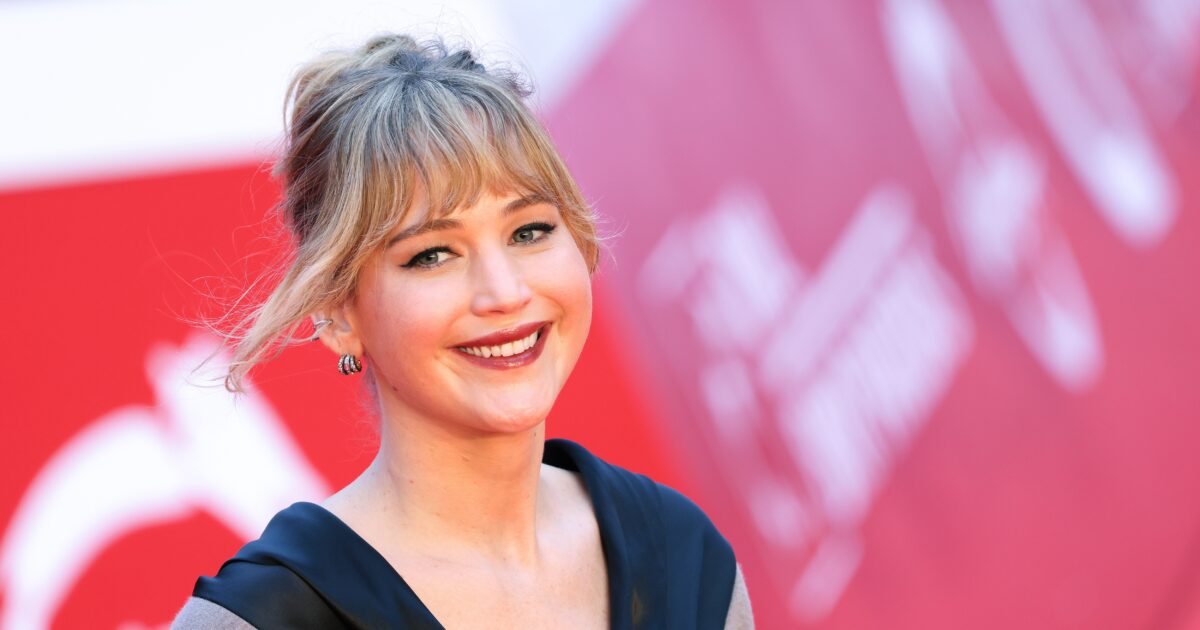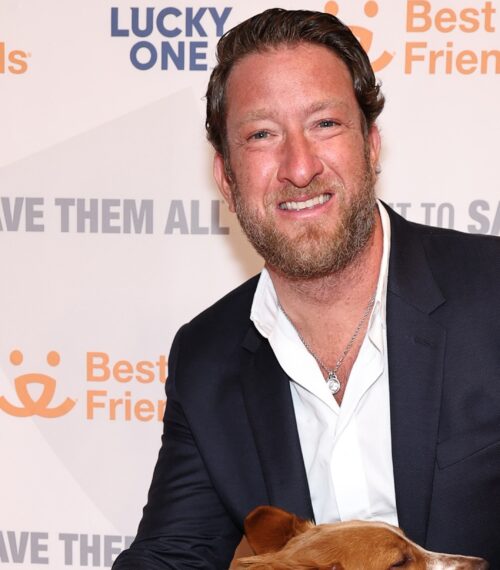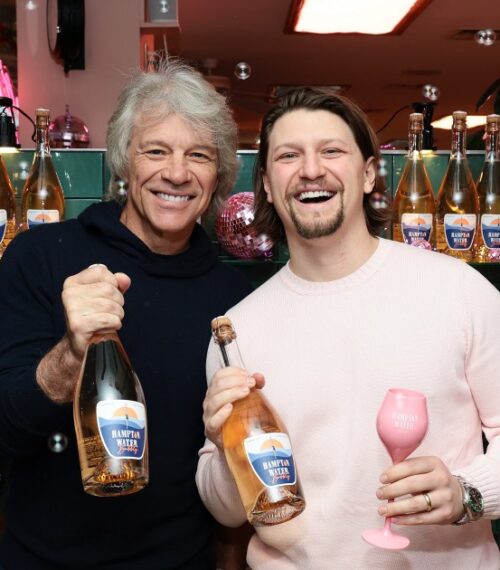Jennifer Lawrence is reflecting on the whirlwind of her early fame — and she’s not afraid to admit it makes her cringe. In a candid new profile with The New Yorker, the Oscar winner looks back at the rapid rise that made her Hollywood’s most “relatable” star, and how the off-the-cuff interviews that once defined her public image were actually masking deeper discomfort.
“A few years ago, I told Viola Davis, ‘Every time I do an interview, I think, I can’t do this to myself again,’” Lawrence said, explaining that the traditional publicity grind left her feeling disconnected from the work that mattered most. “I feel like I lose so much control over my craft when I have to do press for a movie.”
Lawrence emphasized that her unfiltered, quirky persona wasn’t an act — but it was, in part, armor. “Well, it is, or it was, my genuine personality, but it was also a defense mechanism,” she admitted. “To just be, like, ‘I’m not like that! I poop my pants every day!’”
From Relatable Breakout To Press-Tour Fatigue
The actress says she now struggles to watch many of the viral clips that once made her a talk show staple. “I look at those interviews, and that person is annoying,” she said. “I get why seeing that person everywhere would be annoying. Ariana Grande’s impression of me on SNL was spot-on.”
Grande memorably skewered Lawrence’s hyper-relatable persona in a 2018 Saturday Night Live sketch, munching on Pringles while delivering a caricature of the star’s cheerful candor. The bit landed because the public had seen so much of Lawrence’s unfiltered side — on red carpets, in post-Oscars viral moments, and across an endless loop of press junkets — that it became a shorthand for her celebrity identity.
That visibility, Lawrence suggests, may have had professional consequences. “I felt like I was being rejected from roles for my personality,” she confessed, noting how the narrative around her off-screen image sometimes overshadowed the work.
Now 35, the Silver Linings Playbook and American Hustle star says she’s approaching both career and press with a steadier hand. The chaos of early superstardom has given way to something more measured — and intentional.
Stepping Back To Reset — And Returning On Her Own Terms
After taking time away from the spotlight, Lawrence is back promoting her new film with Robert Pattinson, Die, My Love. The break, she says, helped her recalibrate after both the industry and the public grew weary of her overexposure — a shift she had already acknowledged in a frank 2021 interview with Vanity Fair.
“I just think everybody had gotten sick of me,” she told the magazine then. “I’d gotten sick of me. It had just gotten to a point where I couldn’t do anything right… I think that I was people-pleasing for the majority of my life. Working made me feel like nobody could be mad at me… And then I felt like I reached a point where people were not pleased just by my existence.”
That realization, she added, changed her priorities. “That kind of shook me out of thinking that work or your career can bring any kind of peace to your soul.” The recalibration shows in how she now discusses her process, her limits, and the public-facing parts of the job that once felt like a runaway train.
Even as she resumes promotional duties, Lawrence seems intent on keeping the focus on her craft. The perspective shift tracks with a broader movement among high-profile actors who increasingly draw boundaries around press, social media, and publicity demands — especially when those demands begin to shape the narrative of a performer’s identity more than the roles themselves.
Why Lawrence’s Reflection Matters Now
Lawrence’s comments offer a rare, clear-eyed look at the intersection of celebrity culture and creative control. By describing her press persona as both “genuine” and a “defense mechanism,” she captures the paradox many actors face: authenticity is celebrated until it becomes a brand, at which point it can be flattened, scrutinized, and used to box a performer into expectations they never intended to set.
Her admission that publicity can make her feel distanced from her craft also nods to a practical tension. Press tours are designed to create excitement and accessibility, but for some artists, the repetition and exposure can blur the line between who they are and the characters they’re tasked with bringing to life. Lawrence’s honesty reframes that tension not as ingratitude but as a professional challenge to be managed thoughtfully.
It’s also telling that she credits a step back with restoring balance. The pause between projects, followed by a slow, deliberate return, suggests that Lawrence is prioritizing longevity over omnipresence. If her early 2010s run established her as a blockbuster anchor and awards magnet, her current chapter looks poised to emphasize careful choices, collaborative filmmakers, and a healthier relationship to the spotlight.
As she promotes Die, My Love, that calibrated approach feels like a reset rather than a retreat. The candid humor is still there — she hasn’t lost the qualities that made audiences connect with her — but it’s in service of the work, not the whirlwind around it. And for an actor whose career has been defined by both volcanic talent and viral moments, that’s a compelling evolution to watch.















































































































